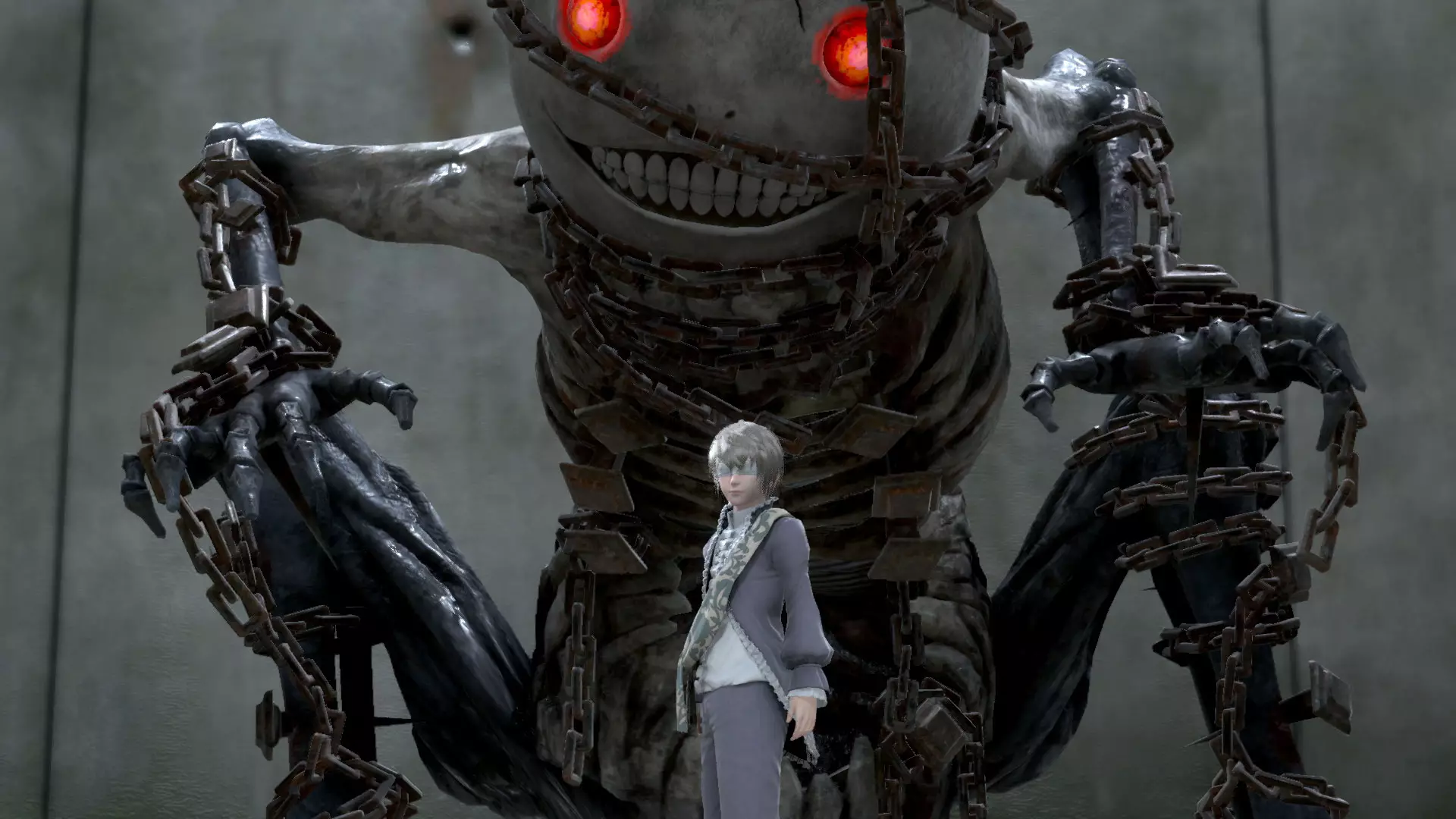Yoko Taro, the visionary behind acclaimed games like *Nier* and *Drakengard*, presents a compelling philosophy about the nature of creative work. Unlike many who chase perfection, Taro openly admits that he has never crafted a “perfect” piece of art or a flawless game. Instead, he views his creations as an ongoing, imperfect process—a journey of relentless refinement. This perspective challenges conventional notions of artistic achievement, which often prioritize flawlessness and completion. Taro’s acceptance of imperfection suggests a healthier, more authentic approach to creativity, embracing the evolving process rather than fixating on an unreachable ideal.
His analogy comparing game development to sculpting with clay vividly illustrates his mindset. Building a story, much like shaping a clay block into a perfect geometrical form, is a continual cycle of inspection and adjustment. Each attempt reveals new flaws, and the act of refinement appears endless. This metaphor compellingly conveys the tension between the desire for perfection and the reality of finite resources and time constraints. Taro’s insight acknowledges that, despite our best efforts, every creative work carries inherent imperfections, and that’s precisely what makes it human and genuine.
The Limitations of Time and the Art of Letting Go
Despite his deep understanding of the perpetual nature of creative refinement, Taro recognizes the necessity of setting boundaries. At some point, deadlines force creators to stop their work, even if they feel it remains imperfect. This inevitability introduces a paradox: the more you strive for excellence, the more you realize satisfaction remains elusive. Taro emphasizes that with each project, his feelings shift—what might have once seemed unsatisfactory becomes acceptable over time. Instead of regret for aspects left unresolved, he values the effort he invested, knowing that each piece represents his full commitment at that moment.
The unavoidable conclusion is that creative works are, by their very nature, incomplete. Yet, this imperfection does not diminish their value. Instead, Taro suggests that the act of stopping is not a failure but a necessary step in the creative cycle. It is a recognition that continuous tinkering without boundaries risks losing sight of progress. Interestingly, his habit of starting anew from scratch reinforces his belief that each project is a fresh opportunity, unburdened by the weight of previous imperfections. This mindset fosters resilience and perpetual growth, as each “new cube” becomes an exploration rather than an attempt at perfection.
Redefining Success in Artistic Endeavors
Taro’s perspective ultimately invites us to reconsider what it means to be successful as a creator. Instead of pursuing an ideal that may be impossible to reach, he advocates for valuing the process itself—appreciating the effort and evolution involved. His lack of regrets signals a confidence rooted in understanding that creative work is inherently imperfect and that this very imperfection is part of its beauty.
This attitude challenges traditional standards that equate success with flawlessness and completion. Taro’s honest reflection underscores the importance of embracing growth and iteration, acknowledging that the pursuit of perfection can sometimes hinder artistic progress. His openness about feeling a sense of sadness when a project ends hints at a deep emotional connection to the process, emphasizing that true artistry involves vulnerability and acceptance of limitations.
In embracing the imperfect journey, Yoko Taro exemplifies a mindset that can inspire other creators to value authenticity over perfectionism. His approach reminds us that meaningful work is rarely about achieving flawlessness but about continuous experimentation, learning, and the courage to start anew—forever chasing an ideal that remains just out of reach.

